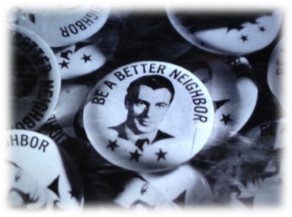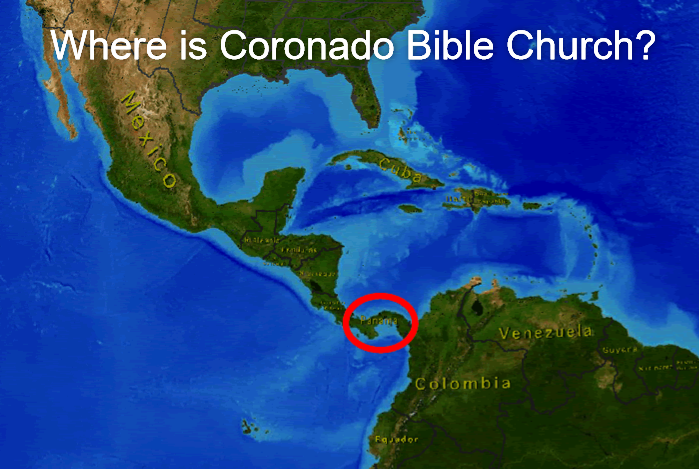
I watch the Frank Capra film “Meet John Doe” almost every Christmas. It never became a hit like Capra’s “It’s a Wonderful Life.” The aforementioned film is darker and even cynical at times. It takes on issues like big government, corrupt politics and the erosion of free speech.
What do I like about it? It’s well acted by an all-star cast; Gary Cooper, Barbara Stanwyck, Walter Brennen, James Gleason, etc. It’s got great lines; a mayor tells a mob pressing into his office to see John Doe,
“No stampeding. Walk slow, like you do when you come to pay your taxes.” What I like most is that it has a Christian worldview. The film unashamedly promotes the idea that our world would be a drastically better place if people treated their neighbors with a Christian ethic.
In a radio speech, John Doe (Cooper) steals lines from Jesus, “Your neighbor — If he’s sick, call on him. If he’s hungry, feed him. If he’s out of a job, find him one.” When the “Be a Better Neighbor” movement is coopted and nearly destroyed by the villain, John Doe becomes despondent. The movie ends on Christmas Eve with an impassioned plea for John not to end his life. Ann Mitchell (Stanwyck) says, “Oh, John, if it’s worth dying for, it’s worth living for. Oh please, John … you don’t have to die to keep the John Doe ideal alive. Someone already died for that once. The first John Doe. And He’s kept that ideal alive for nearly 2,000 years. It was He who kept it alive in them. And He’ll go on keeping it alive for ever and always — for every John Doe movement these men kill, a new one will be born. That’s why those bells are ringing, John.” Consider what she said; Jesus’ death launched a movement of love, He has kept it alive for 2,000 years and will keep it alive for ever. The movie takes seriously that Jesus lived and died in history, is currently alive and continues to directly influence our world with unstoppable power.
The movie’s theology isn’t perfect, but it’s not bad for Hollywood.

